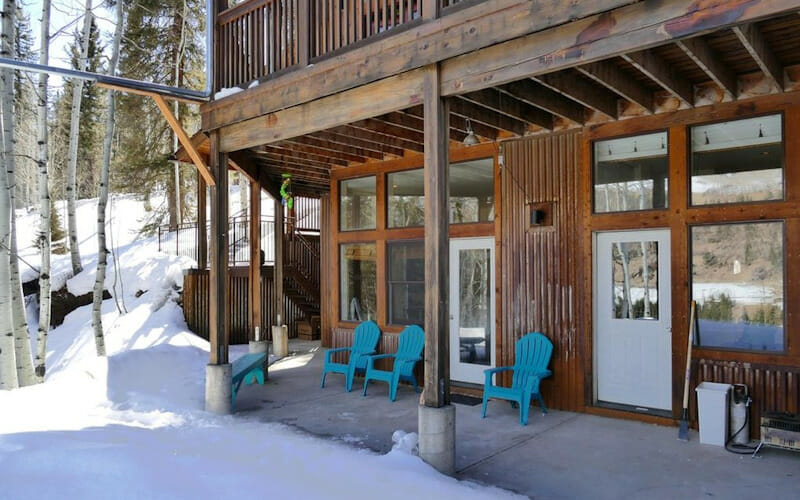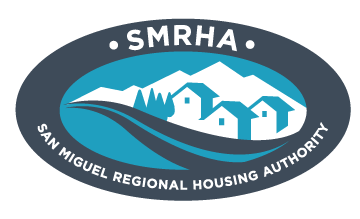The LUC is the set of local laws enacted by the BOCC after review and recommendation by the County Planning Commission and public hearings as required by State law. The LUC became effective upon adoption by the BOCC on November 30, 1990. LUC § 1-103
The LUC is substantially based upon the County Land Use Policies in Article 2. Article 3 contains procedures for all land use reviews. Article 4 contains the submission contents for land use applications and Article 5 contains land use standards. Article 6 contains definitions. LUC § 1-102
Chapter 5, Section 13 establishes standards for accessory dwelling and affordable housing. The LUC guidelines, rules, and regulations are intended to help preserve a sufficient supply of Affordable Housing to meet the needs of locally employed residents in the Telluride R-1 School District while allowing customary free-market (unrestricted) practices to influence the sale and rental of Affordable Housing as much as possible. The LUC Affordable Housing Program guidelines, rules, and regulations are found at LUC §§ 5-1304, 5-1305 and 5-1306.









